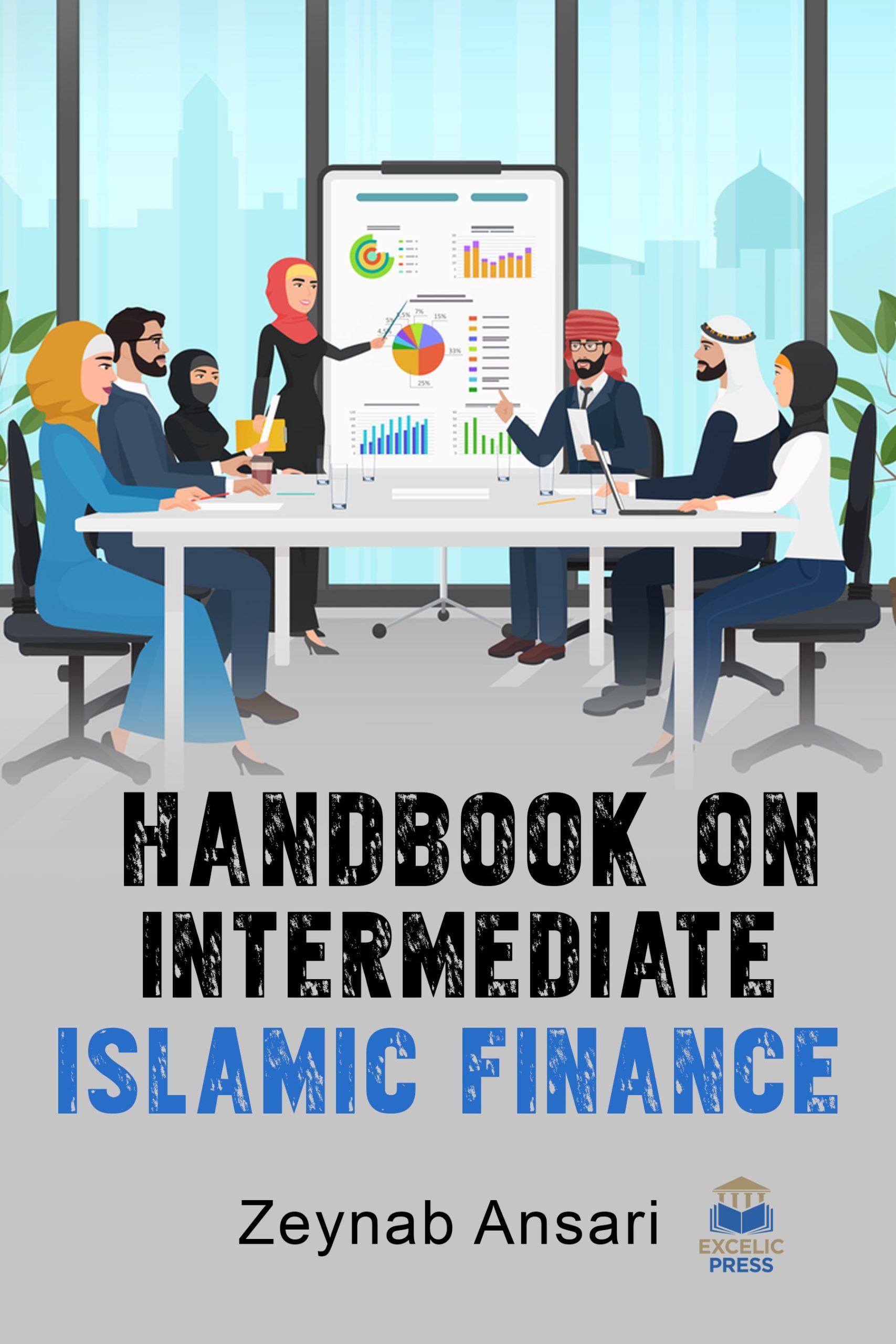The past several years have seen an extraordinary growth in the practice of Islamic banking and finance which has now been renowned as a practical alternative and positively it will be the only financial system needed to get out from the financial crisis, with the expectation that it will play an increasingly more important role in the years to come; as such, the appeal of this type of finance stems mainly from its underlying fundamental concept of justice as well as from the sharing of risk and prohibition of interest. The Islamic financial system is rooted in the rules and norms of Islam and the prohibition of interest is the primary sources of Shariah, i.e. the Holy Qur’an and Sunnah, strongly condemn Riba in Islam and the aspiration of Muslims to see this prohibition practically implemented in their economic reality have led to the establishment of a number of Islamic financial institutions throughout the world. These financial institutions include Islamic commercial and investment banks, mutual insurance companies, and leasing companies.
Handbook on Intermediate Islamic Finance attempts to look into the reasons why Islamic finance has not spread at a larger scale. The Islamic banks are facing also the return risk rate due to the use of interest rate to define the rate of return on investment accounts and financing rate. This is coming from the fact that the Islamic banks cannot lead the market for the moment mainly because of its small size compared with the conventional system. Therefore the Islamic banks are obligated to follow the market interest rate changes. This book aims to fill the gap of the current literature by showing the need to conduct further research on the derivation of Shariah risk and its potential in determining capital requirements in Islamic financial institutions.
With analytical and forward-looking approach, this book will fascinate students, researchers and academics with a special interest in comparative banking, middle-eastern studies and international finance, and will also appeal to practitioners of banking and finance.

